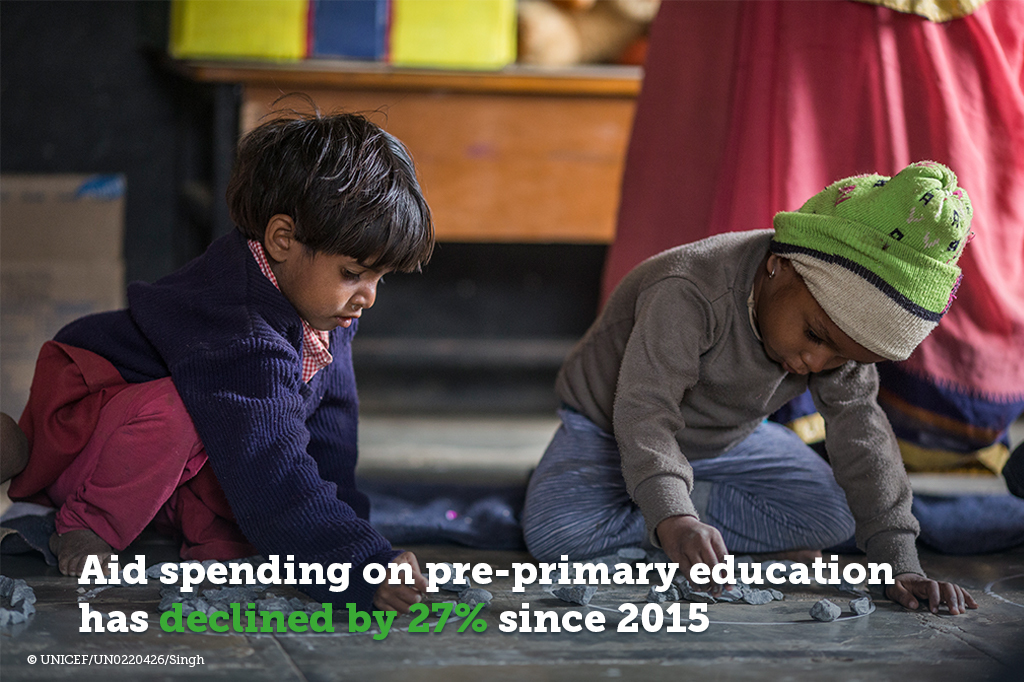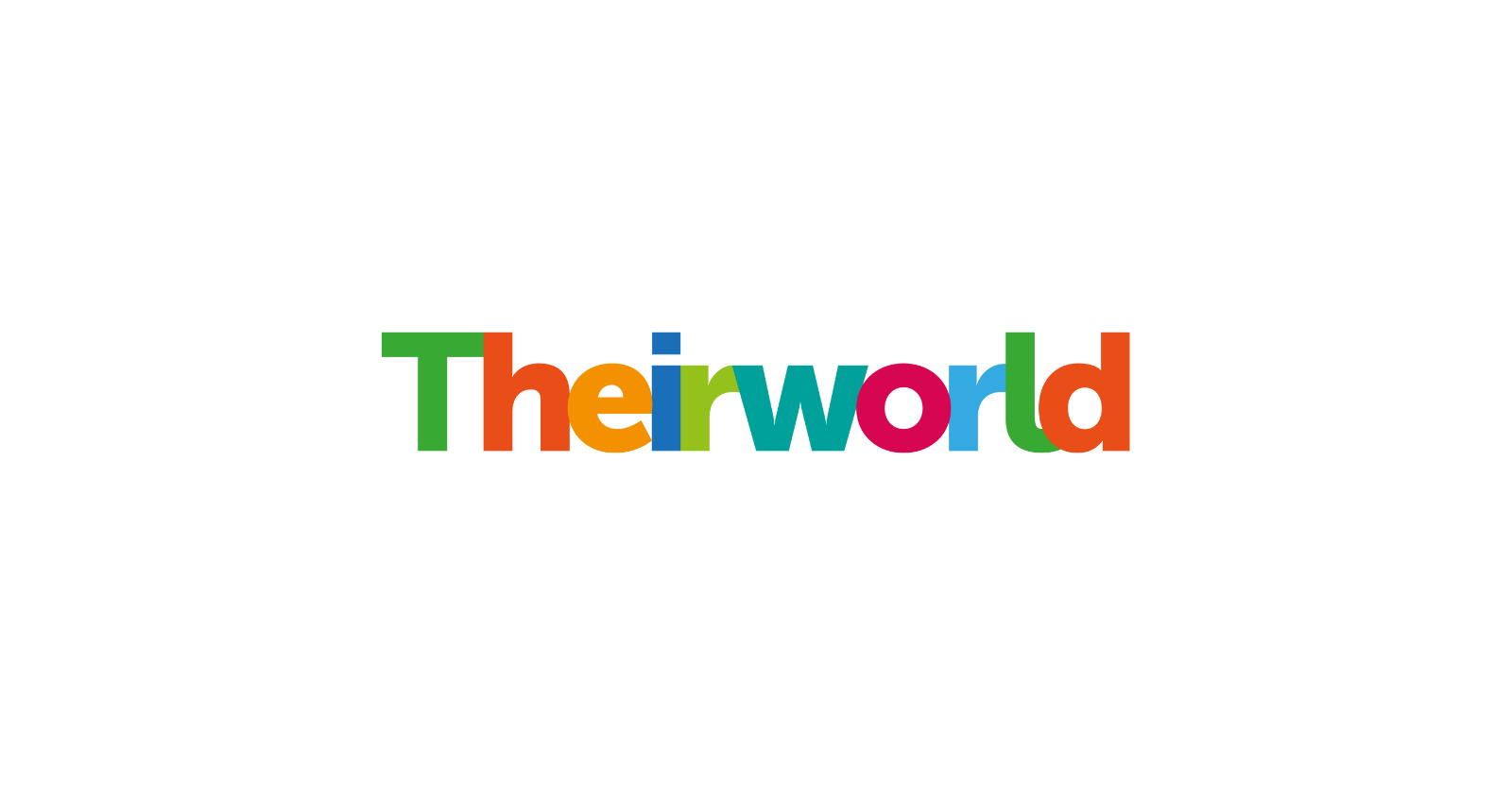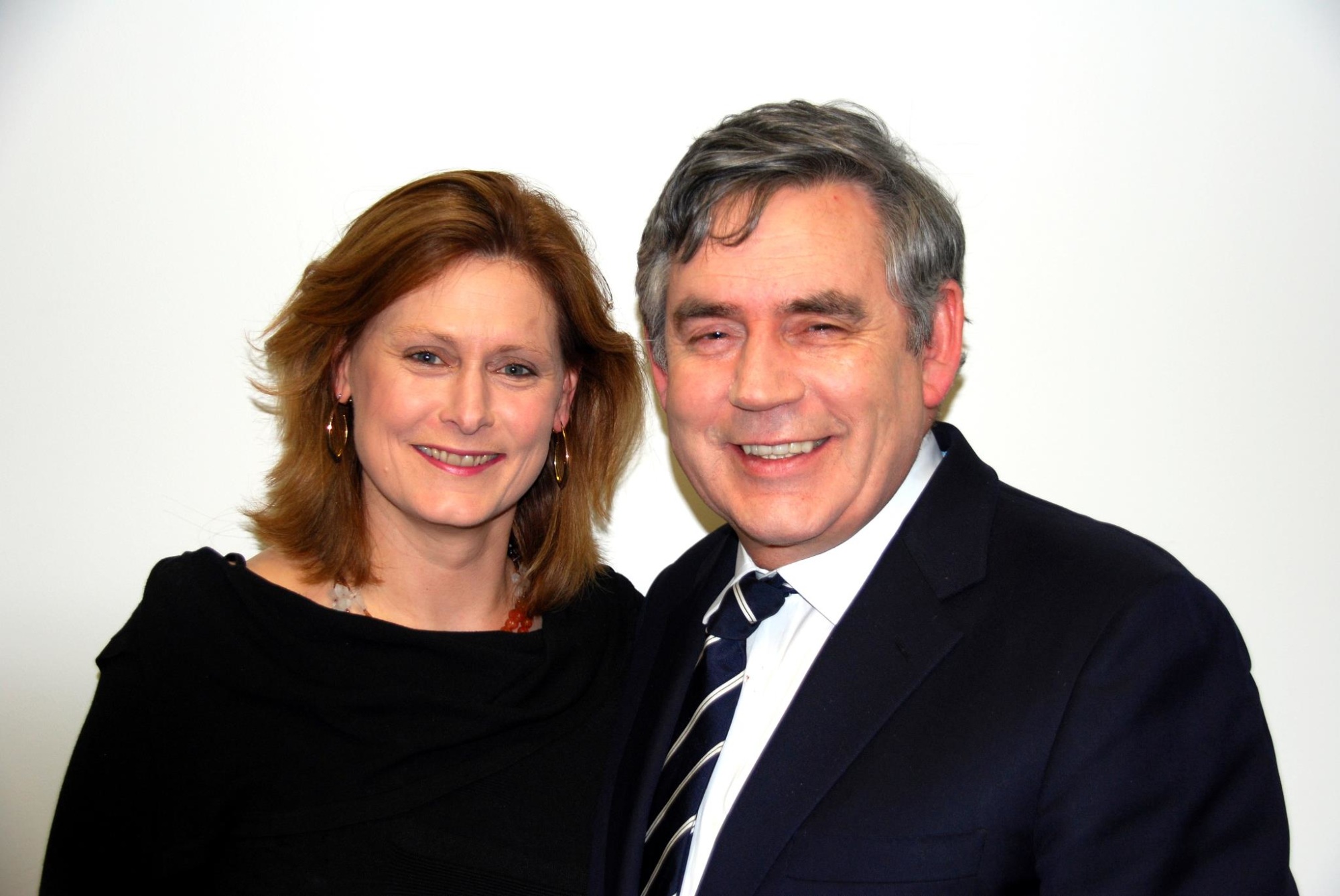What we're calling for
Theirworld's report urges all donor countries and international institutions to make early childhood education a specific policy priority within their international development strategies and direct a minimum of 10% of their education budgets to early childhood education.



